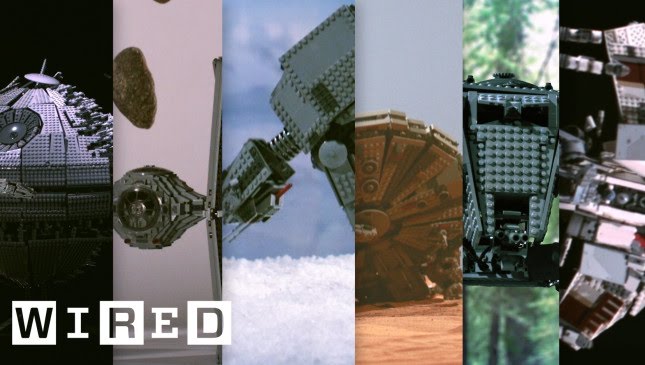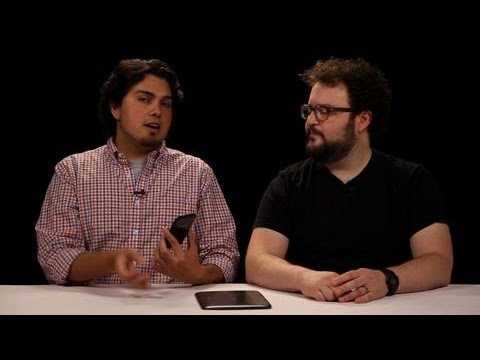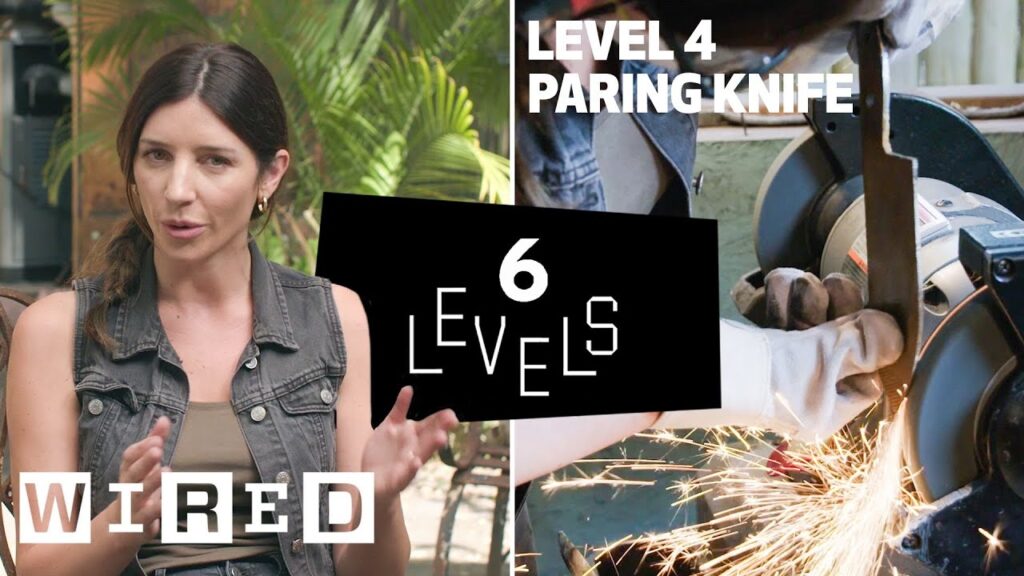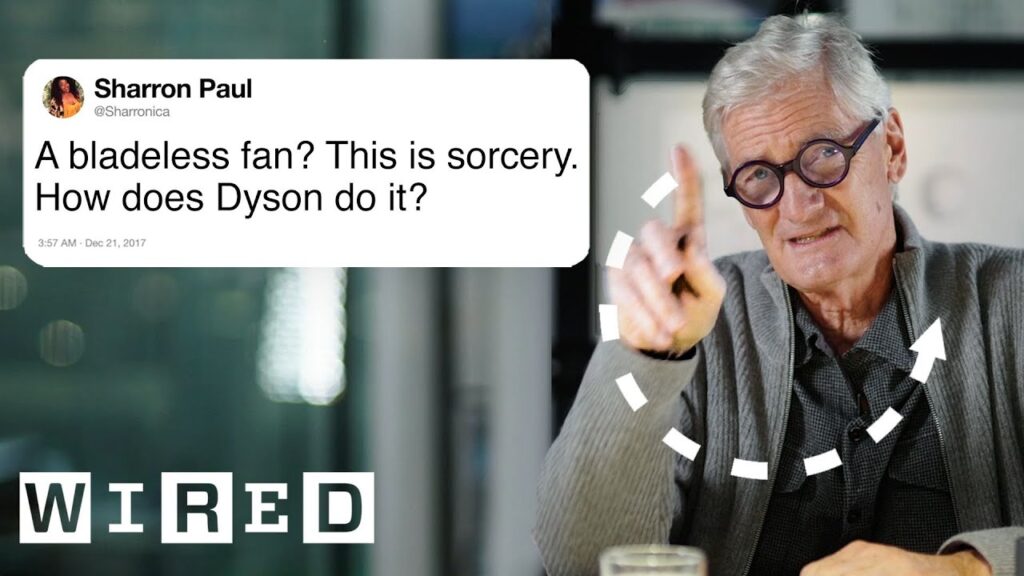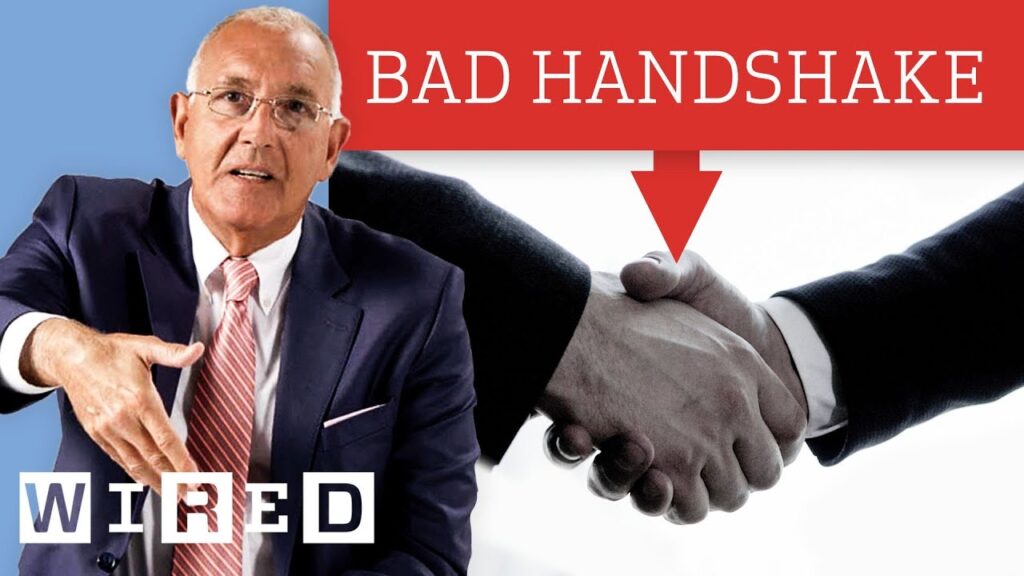The Impact of Surveillance Cameras on Civil Liberties in the US
Summary
This article discusses the impact of surveillance cameras on personal freedom and civil liberties in the US. With the widespread adoption of surveillance technology by both law enforcement and private individuals, there are concerns about potential security vulnerabilities, the use of facial recognition technology, and the potential for overreliance on technology. The article argues that the increasing prevalence of surveillance perpetuates fear and damages society by promoting a culture of suspicion towards one’s neighbors.
Table of Contents
- The prevalence of surveillance cameras in public spaces
- Private adoption of smart security cameras
- Technological advancements in surveillance equipment
- Facial recognition technology adoption by law enforcement
- Potential security vulnerabilities
- Police departments partnering with private companies
- Impact of surveillance on personal freedom and civil liberties
- Dangers of overreliance on technology
Introduction
The widespread adoption of cameras in public and private spaces has given rise to concerns about potential breaches of privacy and the impact on civil liberties. The increasing prevalence of this technology has led to a culture of suspicion and fear, which ultimately damages society as a whole.
Q&A
- Q: How many surveillance cameras are in public spaces in New York?
A: According to Amnesty International’s survey, there were over 15,000 cameras in public spaces in just three boroughs of New York. - Q: How many Americans own smart security cameras?
A: The 2021 survey found that approximately 17% of Americans own smart security cameras, many of which are private doorbell cameras. - Q: What are some technological advancements in surveillance equipment?
A: Cameras have become cheaper, smaller, and lighter, with some police department cameras now having 4K resolution night vision capabilities and 360 monitoring. Drones are also being deployed to surveil areas. - Q: How are facial recognition technologies being used by law enforcement?
A: Clearview AI has been scraping data from social media sites and downloading it into their database. Police departments are using fusion systems to streamline information gathering from various sources. - Q: What are the potential security vulnerabilities associated with internet-enabled cameras?
A: Hikvision has left its cameras unshielded, potentially exposing them to hacks or other breaches of privacy. Encryption software is a line of defense for video footage protection, but it can be unlocked by law enforcement with a warrant. - Q: Are police departments partnering with private companies to gain access to surveillance footage?
A: Yes, police departments are increasingly partnering with companies like Amazon Ring to gain access to footage from private cameras. - Q: What is the impact of surveillance on personal freedom and civil liberties?
A: The use of surveillance technology carries a cost on personal freedom, as people may feel hesitant to attend a protest or watch what they say or do. The increasing prevalence of surveillance and fear is damaging to society and encourages people to view their own neighbors as a threat. - Q: What are the dangers of overreliance on technology?
A: As we collect and combine more information, there is a danger of overreliance on technology and the belief that it is infallible. Predictive policing systems can be flawed, with a lot of pseudoscience behind their algorithms.
Conclusion
The increasing prevalence of surveillance in public and private spaces has raised valid concerns about the impact on personal freedom and civil liberties. While advanced technology has made it easier to monitor and track individuals, it’s important to balance those advancements with safeguards to protect privacy and personal freedom. As a society, we must resist the urge to over-rely on technology and instead work towards maintaining a healthy balance between safety and privacy.
